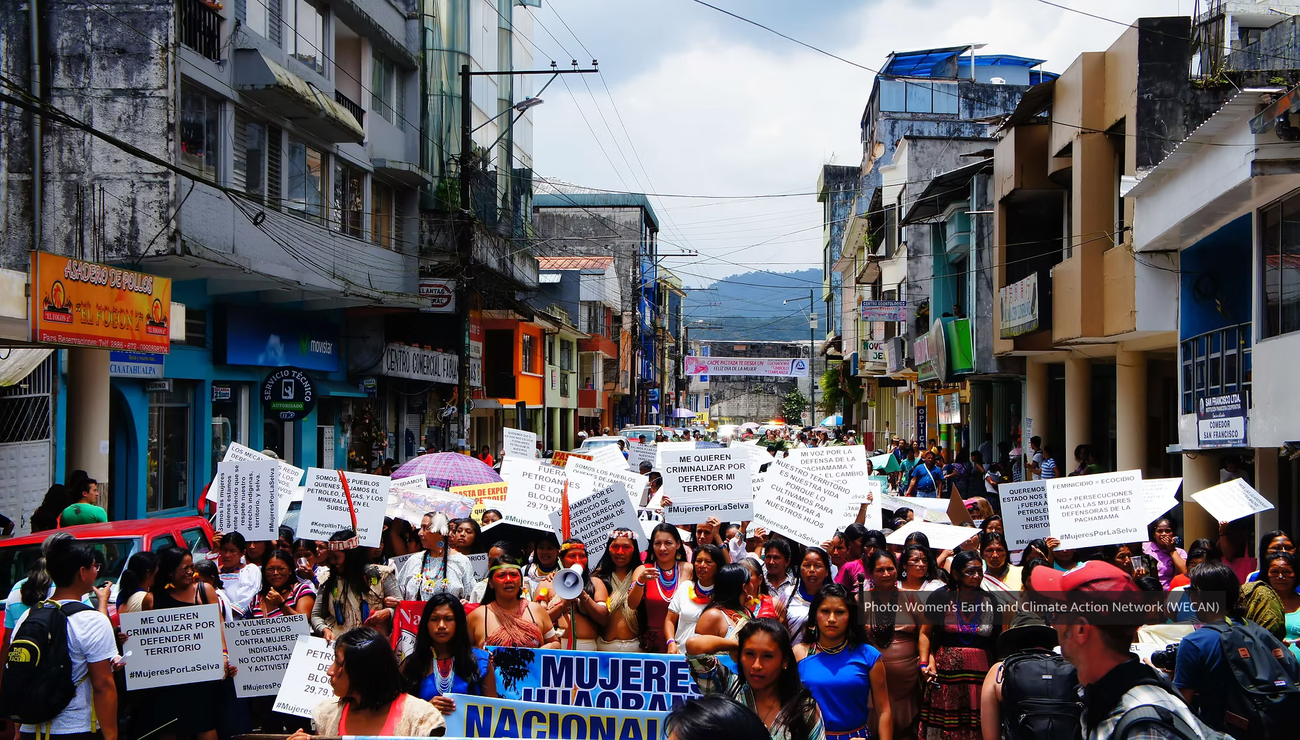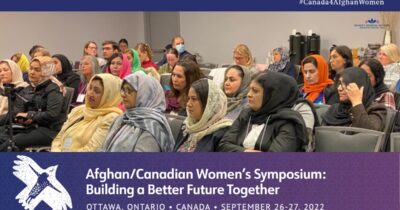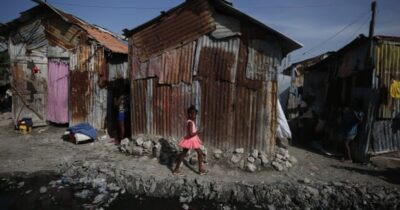The Business & Human Rights Resource Centre has launched a powerful new report: Defending Rights & Realising Just Economies: Human Rights Defenders & Business (2015–2024) which is available in multiple languages (with key takeaways in Japanese and Russian). Released in March 2025, the report is a culmination of nearly a decade of research into the violent and systemic repression faced by those who speak out against corporate abuse.
From 2015 to 2024, the Centre recorded more than 6,400 attacks in 147 countries against Human Rights Defenders (HRDs) who raised concerns about business-related harms—an average of nearly two attacks every day. These attacks include killings, physical violence, threats, and judicial harassment such as Strategic Lawsuits Against Public Participation (SLAPPs). In 2024 alone, 660 attacks were documented, though the actual number is likely far higher due to widespread underreporting.


Attacks span nearly every sector, but are most concentrated in mining, agribusiness, and fossil fuels—industries closely tied to the climate crisis. Alarmingly, 75% of attacks targeted climate, land, and environmental defenders, while one in five attacks were against Indigenous Peoples. Despite comprising only 6% of the global population, Indigenous communities continue to bear a disproportionate burden of corporate harm and repression. The report also highlights the gendered nature of violence against defenders. Women, girls, and gender-diverse individuals face compounded risks, as they challenge both corporate power and patriarchal norms within their communities and broader society.
Among the most dangerous regions for HRDs are Latin America, the Caribbean, and Asia and the Pacific, which together account for nearly three-quarters of all recorded attacks. High-profile cases such as the Dakota Access Pipeline (USA), Line 3 Pipeline (USA and Canada), Las Bambas Mine (Peru), Lake Albert oil extraction (Uganda and Tanzania), and Inversiones los Pinares (Honduras) are emblematic of the threats defenders face globally.
Despite this grim reality, HRDs continue to lead powerful movements to resist corporate abuse and build just, equitable economies. Their actions have led to concrete victories: halting destructive projects, exposing environmental and health harms, and improving working conditions in vulnerable sectors like garment manufacturing.
The report was co-developed with numerous allied organizations, including Channel Foundation grantee partners such as the Urgent Action Fund for Feminist Activism (UAF) who co-authored the section on Women, girls, and gender diverse defenders. The document features case studies, legislative updates, voluntary commitments, and concrete recommendations for states, companies, and investors to safeguard civic space and support defenders.
The Channel Foundation stands in solidarity with the global community of human rights defenders whose courageous advocacy is paving the way for more just and sustainable economies.





